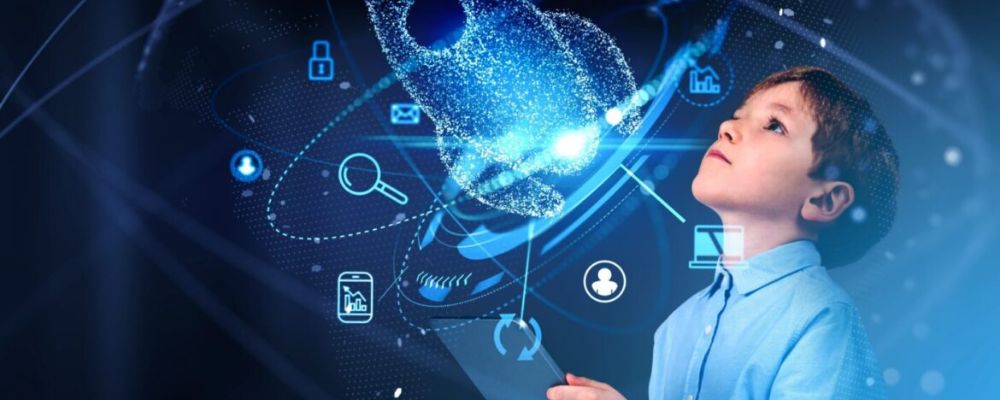
As technology advances, human-robot relationships are becoming more common. From robotic assistants to AI companions, our interactions with machines are evolving. This evolution raises important ethical questions. In this blog, we explore these ethics and how AI companionship is changing our understanding of intimacy, trust, and connection.
Understanding Human-Robot Relationships
Human-robot relationships involve emotional bonds between people and robots or AI systems. These interactions range from simple commands to complex emotional connections. As robots become more sophisticated, we must address the ethical implications of these evolving relationships.
Ethical Considerations in AI Companionship
- Emotional Dependency and Manipulation: One major concern is emotional dependency. As AI companions become more responsive, people might form strong attachments to them. This can lead to manipulation of emotions. It’s crucial to consider whether robots exploit human vulnerabilities for profit or other reasons.
- Privacy and Data Security: AI companions need access to personal information. This raises privacy and data security issues. Ensuring AI systems handle data responsibly and informing users about data practices are essential for maintaining trust and ethics.
- Human vs. Machine: Authenticity and Connection: The line between genuine human connection and artificial companionship is blurring. This raises questions about the authenticity of relationships with AI. Can these interactions meet emotional needs like human relationships do? We need to consider how AI affects human connections and emotional well-being.
- Impact on Social Norms and Values: As AI companions become more common, they influence social norms and values. They may alter traditional views on intimacy and relationships. Assessing how these changes affect societal norms and individual behavior is a key ethical consideration.
Navigating Ethical AI Companionship
To address these concerns, several measures can be taken:
- Transparency: AI developers should be clear about their robots’ capabilities and limitations. Transparent communication helps users understand what to expect from AI companions.
- Regulation and Guidelines: Establishing regulations and ethical guidelines is crucial. These should cover data protection, emotional manipulation, and the impact on human relationships.
- Promoting Human-Centric Design: AI companions should enhance human well-being and support real human connections. Focusing on user autonomy and respecting personal boundaries are essential for ethical AI design.
Conclusion
Human-robot relationships present both opportunities and challenges. As AI companions become more integrated into our lives, addressing ethical concerns is vital. By promoting transparency, adhering to guidelines, and designing with a human focus, we can ensure these technologies benefit human relationships and well-being.






